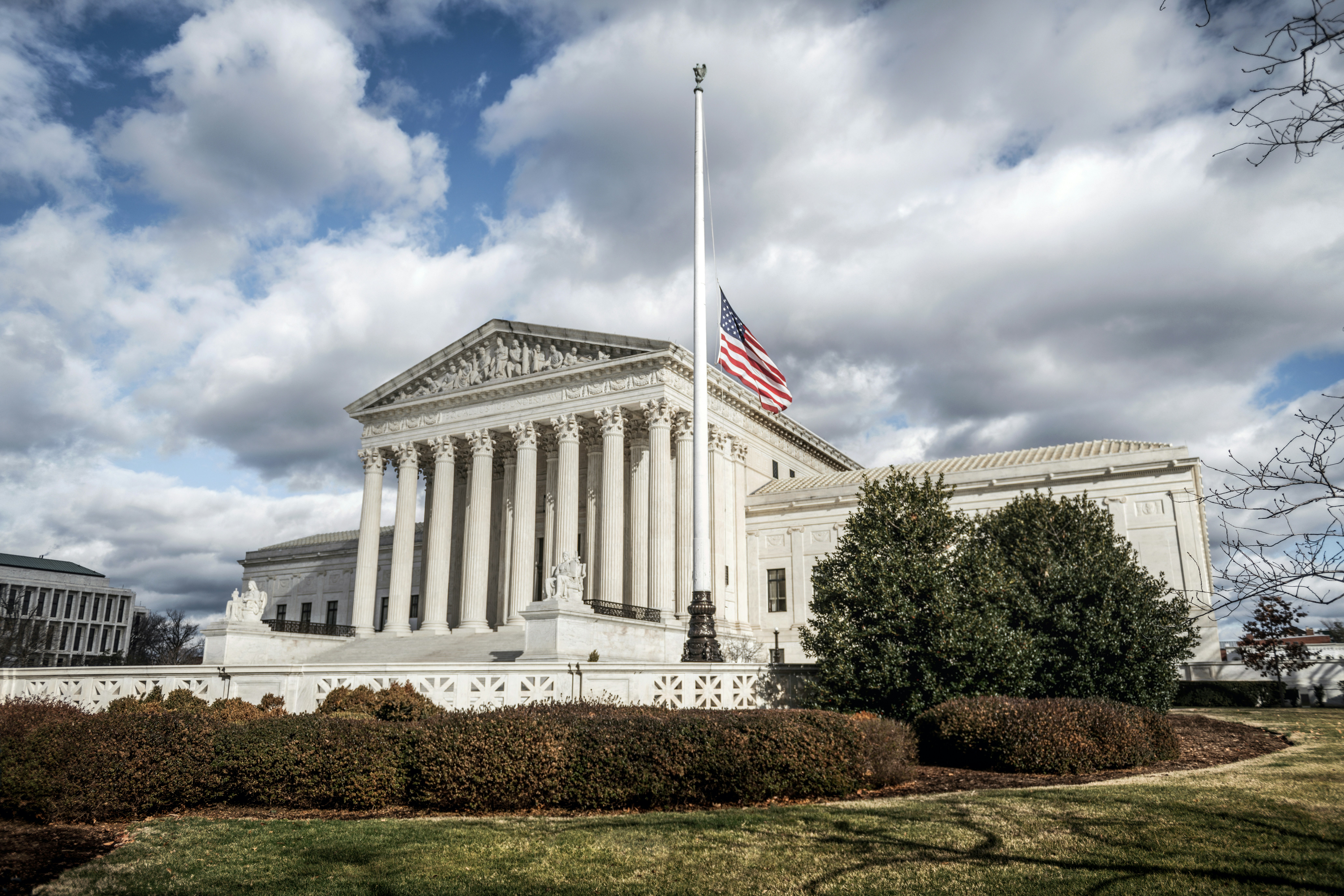Decoding the Significance of Presidential Pardons in the United States
Presidential pardons in the United States have long been a topic of intrigue and controversy. These pardons, granted by the president, absolve individuals of crimes and their consequential punishments. This article aims to dissect the historical evolution, current legal implications, and societal impacts of presidential pardons in the United States.

Understanding Presidential Pardons
The genesis of presidential pardons can be traced back to the U.S constitution. Article II, Section 2, Clause 1 grants the President the power “to grant reprieves and pardons for offenses against the United States, except in cases of impeachment.” This clause implies that presidential pardons can be issued for federal crimes only, not state crimes.
Historical Context and Key Legal Developments
The first presidential pardon was issued by George Washington in 1795. The power to pardon has been interpreted and expanded over the centuries through various court rulings. One landmark case was “Ex parte Garland” in 1866, where the Supreme Court ruled that the president’s pardon power is “unlimited” and cannot be restricted by congressional legislation.
Current Legal Updates and Policy Discussions
In recent years, presidential pardons have been the subject of intense debate and scrutiny. Critics argue that this power can be misused for political gains or personal favors. Some recent presidents have issued highly controversial pardons during the final days of their tenure, drawing public outrage and calls for reforms. However, the Supreme Court has repeatedly upheld the broad scope of this power, citing the importance of executive discretion in matters of mercy and justice.
Implications and Impact on Society
Presidential pardons have significant societal ramifications. On one hand, they can provide a crucial second chance to individuals who have been wronged by the justice system or have demonstrated genuine remorse and rehabilitation. On the other hand, when used irresponsibly, these pardons can undermine the rule of law and public trust in the justice system. They can also perpetuate inequality if they are disproportionately granted to wealthy or influential individuals.
Balancing the Scales: The Way Forward
Addressing the controversies surrounding presidential pardons requires a balanced approach. While it is important to maintain this constitutional power for cases deserving mercy, it is equally necessary to establish checks and balances to prevent potential misuse. This could involve increased transparency in the pardon process or legislative reforms to narrow the scope of pardonable offenses.
In conclusion, presidential pardons embody a complex intersection of mercy, power, and justice. While they serve a vital role in the U.S legal system, their application necessitates careful scrutiny to uphold the principles of fairness and justice.





